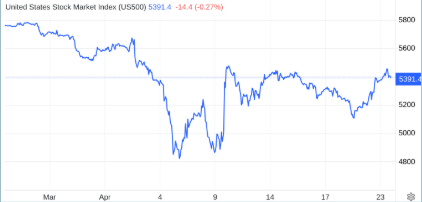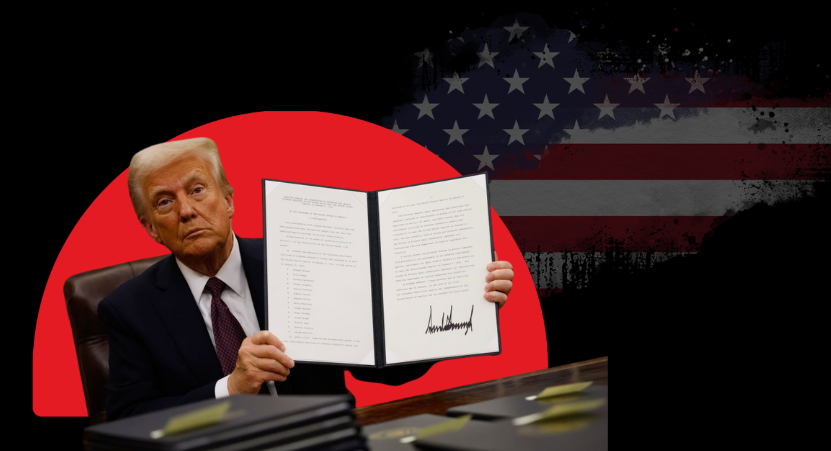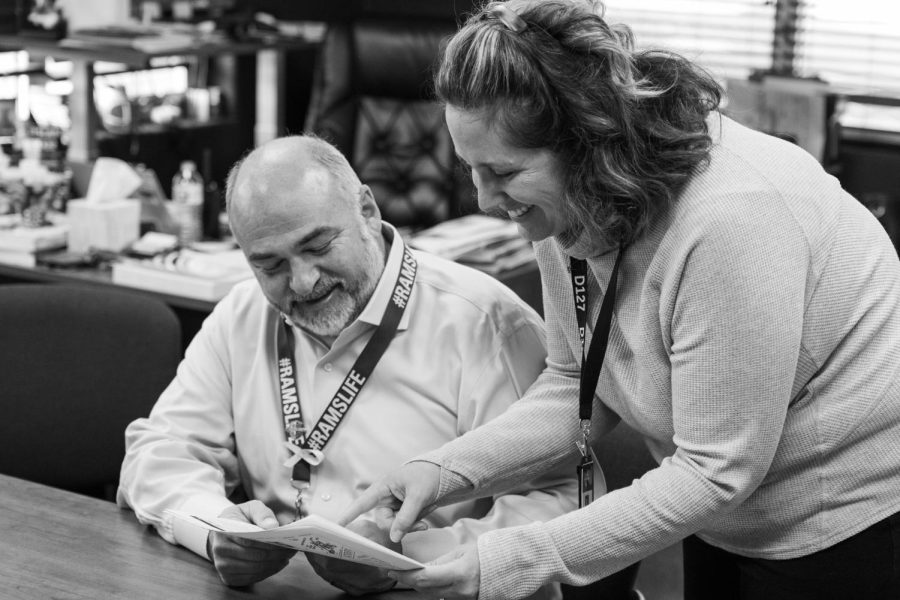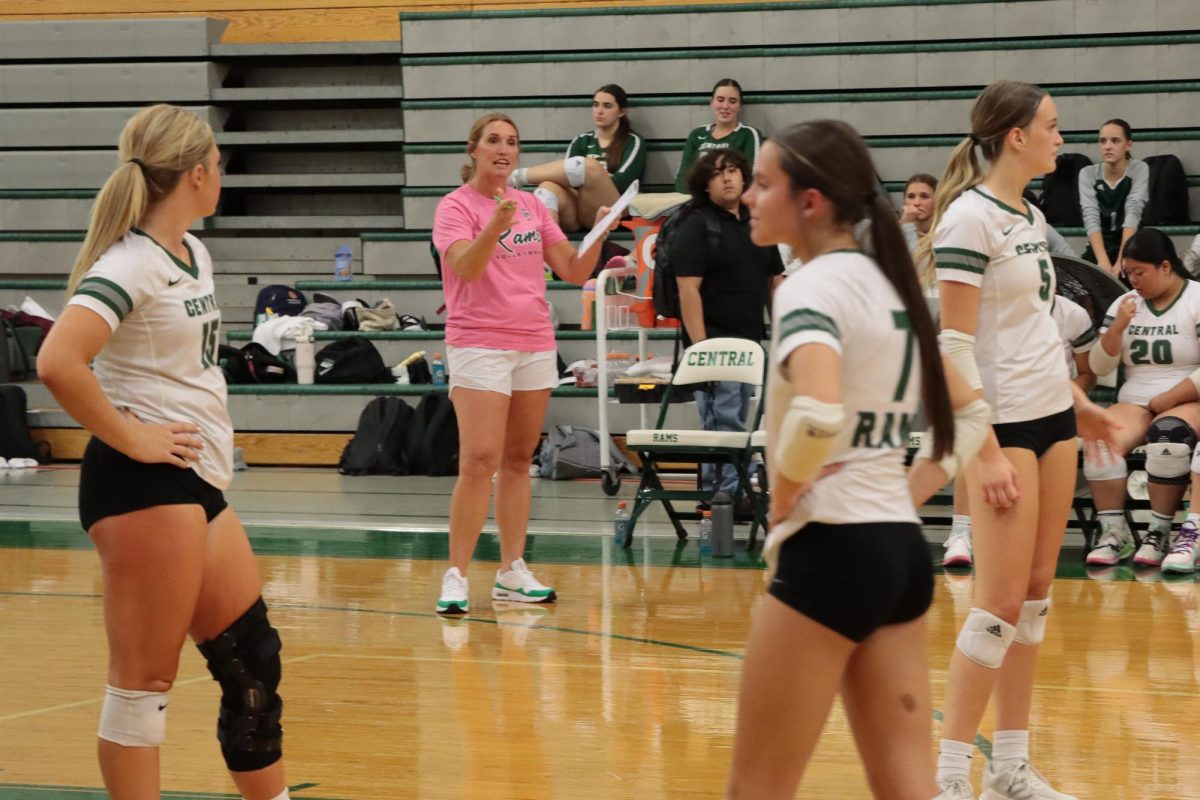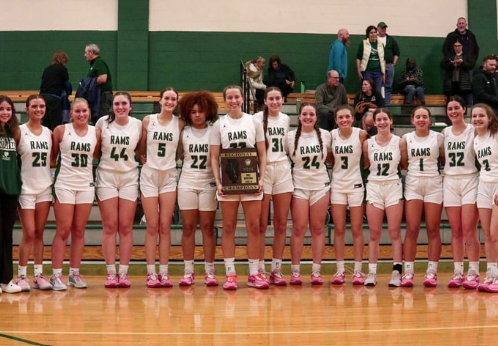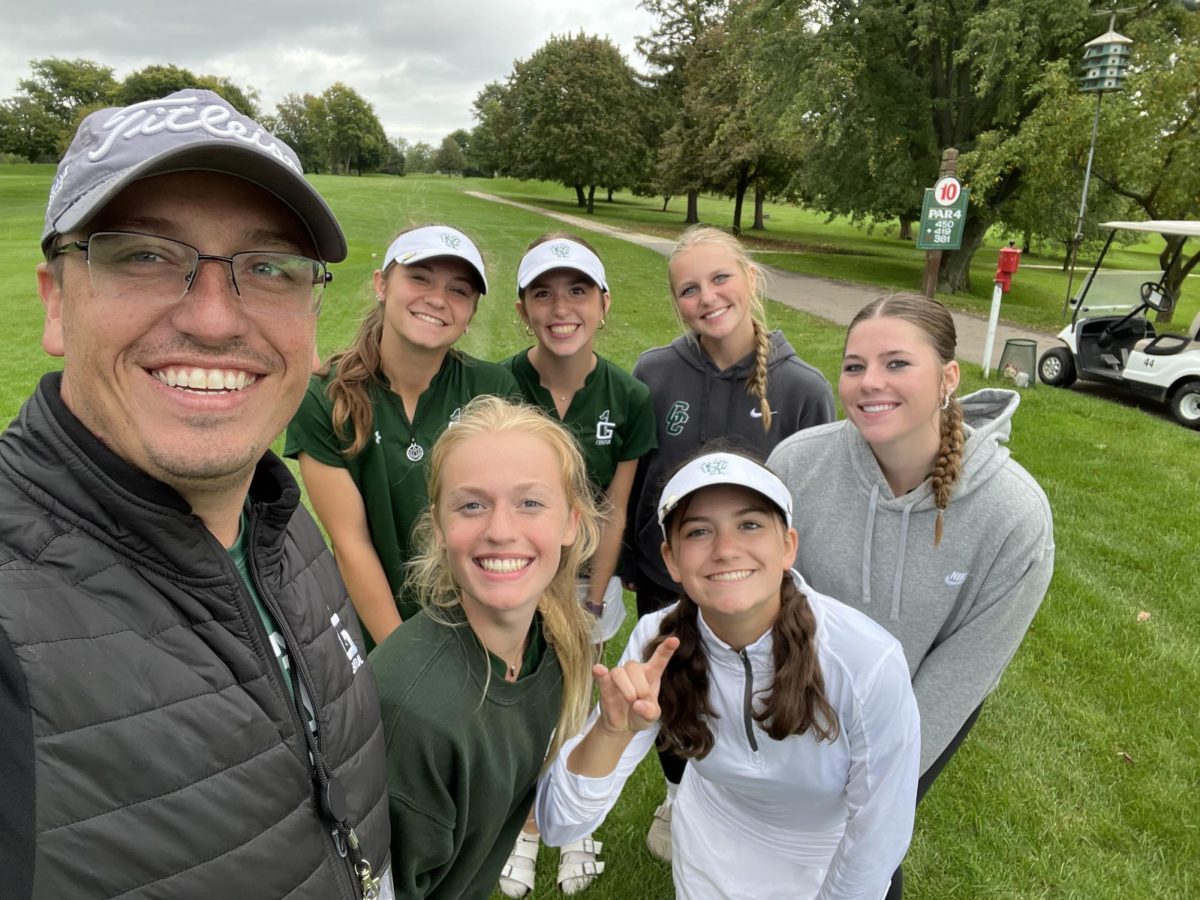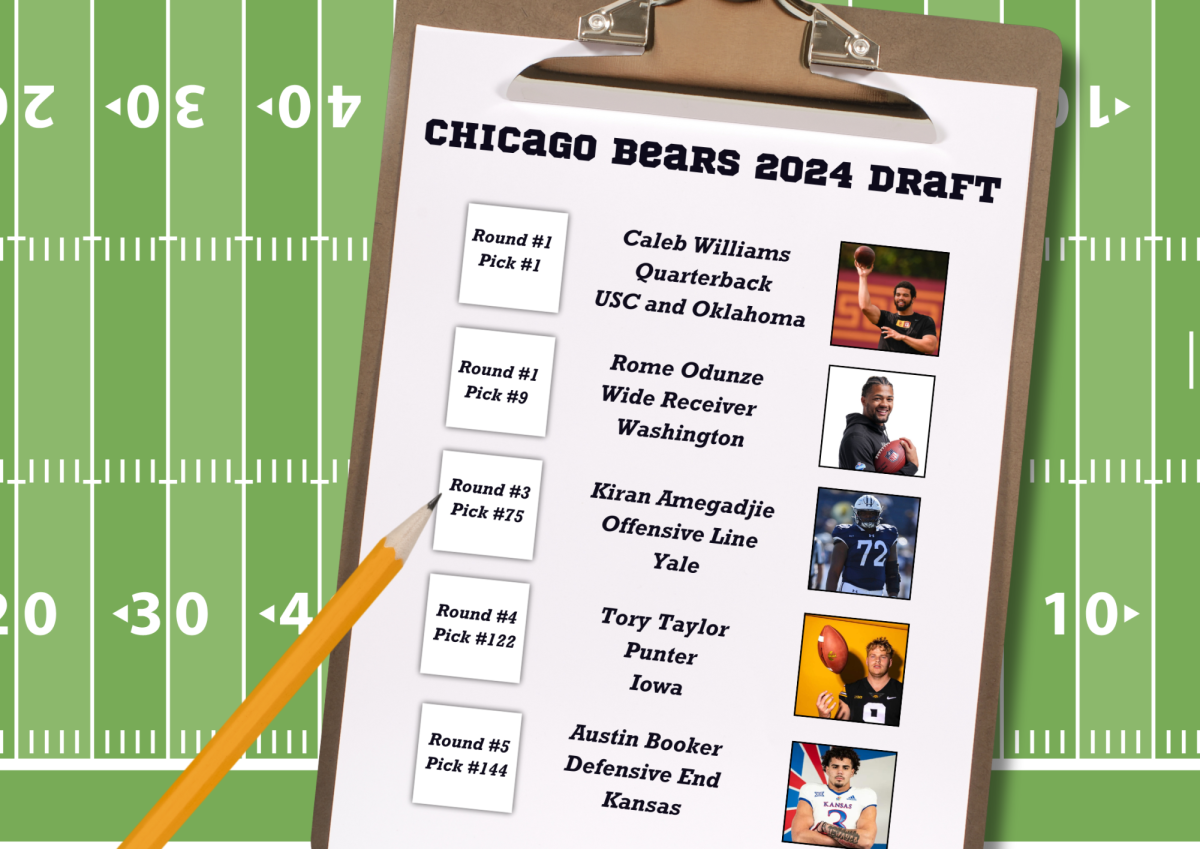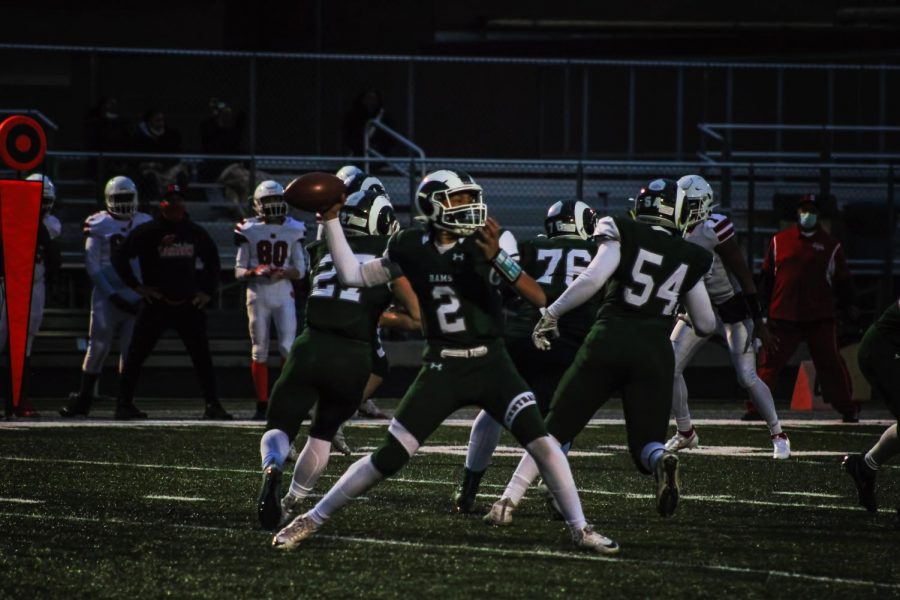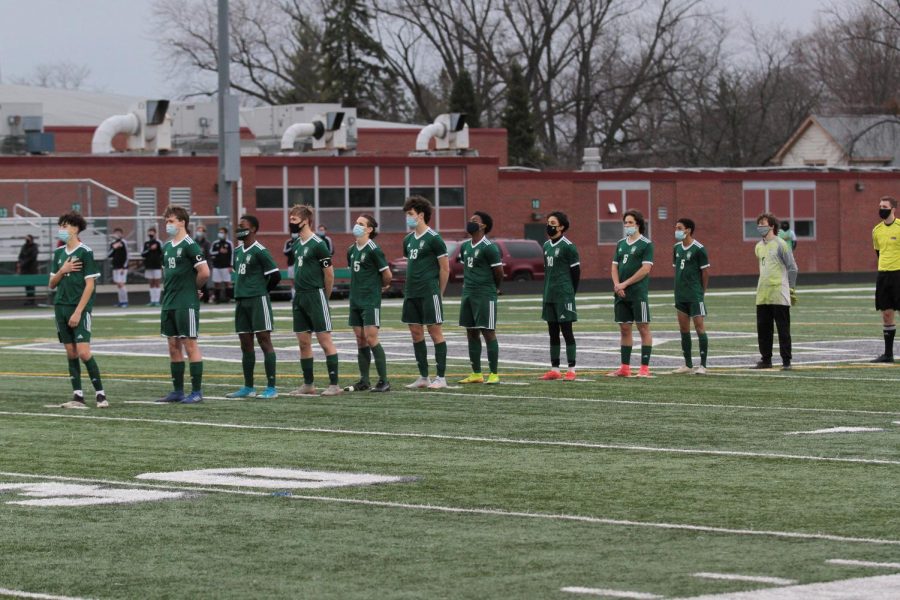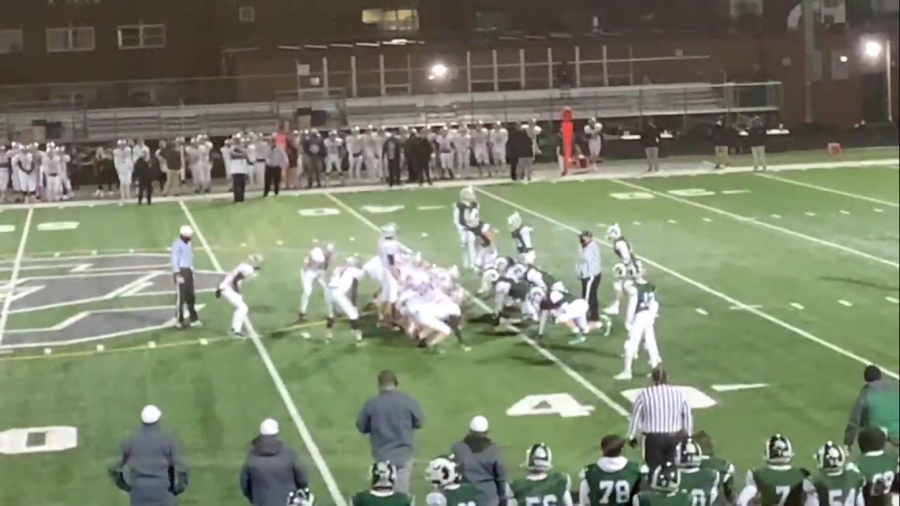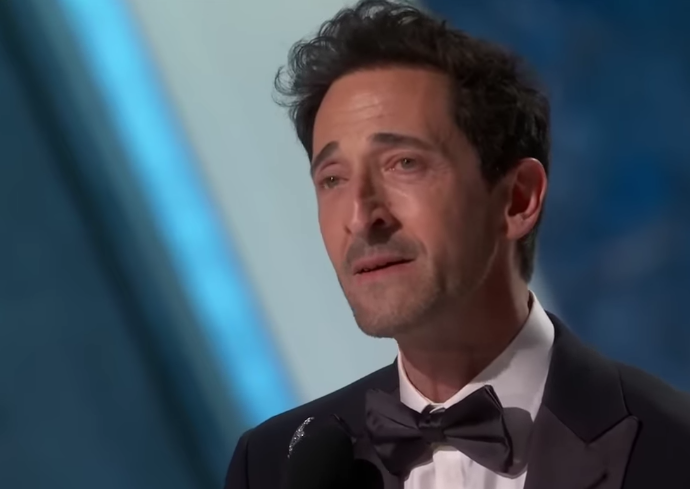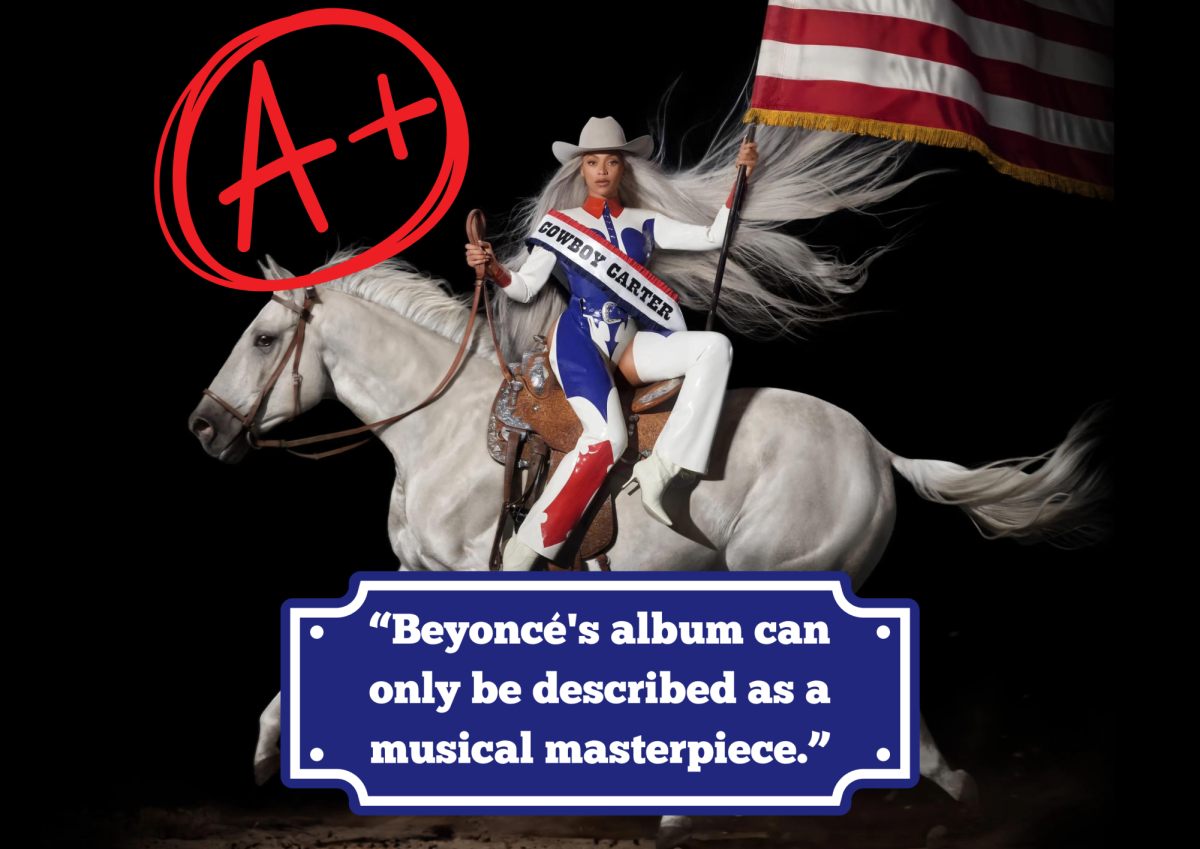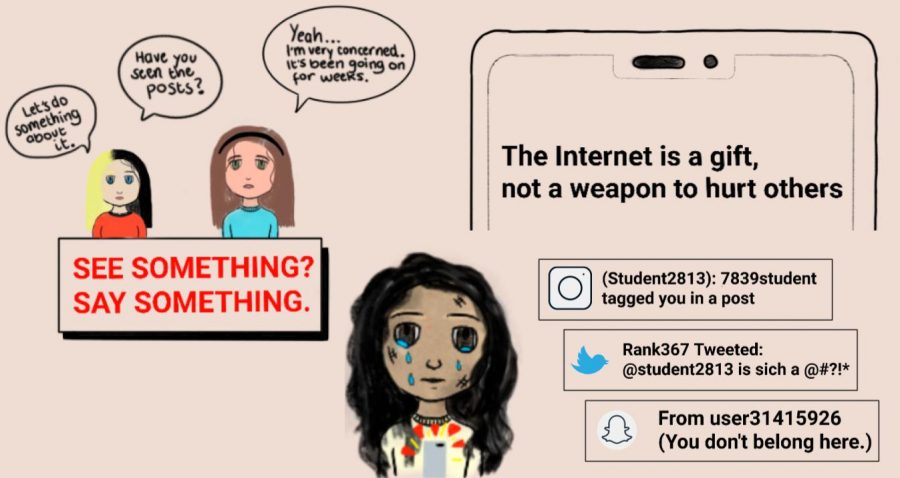Masculinity at GCHS: finding a balance
May 11, 2018
A low voice, ripped biceps, a talent for sports, weightlifting, and starring in Nike ads. This is the “perfect” man. Often portrayed as an incredibly handsome and buff famous athlete, businessman, or actor, the “perfect” man shows up everywhere. For a generation criticized for always being on phones, these stereotypes about the ideal man can’t help but be reinforced in students’ minds. However, these ideas seem to fight against the changing times, and it can be difficult to know if people’s thoughts on masculine stereotypes are actually changing.
“I usually think of physical strength…like Arnold Schwarzenegger…because he’s ripped…what people see on T.V or on their phones now; that’s what defines masculinity,” junior Gallagher Snow said.
However, Snow also suggested that while hyper-masculinity is prevalent in widely circulated celebrity culture, celebrities like the Rock “[are] an anomaly…he is one person out of 1.7 billion.” This shift in focus suggests that while people may fall on stereotypes at first, their responses do not depict the entire story.
Senior Nikki Mock agrees that there is more than meets the eye to people, and feels that stereotypes have a lot of power.
“[In the media, people are put] into their stereotypical gender role, and I think a lot of people learn by representation…it dictates the first thing you think of,” Mock said. In addition to current influences, like celebrity culture and mainstream media, the ideas presented to people early on in life can take a while to change.
“It stems from years and years of [thinking] you have to be a certain way to be successful,” Mock said. “That’s true for both men and women, having these stereotypes put on them that [make them feel] if they don’t fit this then they won’t live a good life.” Mock believes masculine archetypes can help people find comfort in identifying with a certain group of idealized individuals.
“I think people want to fit into a certain group,” Mock said. “If someone can definitely fit into the stereotype of being masculine or feminine, they might feel better about themselves knowing ‘this is who I am’…I think the reason it’s still here is that it’s hard for people to change their thoughts easily.”
Mock also sees how examples of defending masculine identity can be projected onto others in a negative way.
“Specifically at Central I see it… if a guy is showing his emotion and one of his friends [calls him a name],” Mock said. “They’re immediately placing that idea that [the guy] can’t show [his] emotions, otherwise [he is] seen as feminine [and] especially if you identify one way you really want to uphold that.”
This is not the only common example where a guy’s “masculine” identity is tested.
“Definitely in a lot of sports, especially with guys; they feel they have to prove their strength or capability or they are not manly enough,” Mock said.
However, this is not to say that all high school boys at Central view self-expression this way.
“If a guy’s talent is not his dashing good looks for the camera or his physical strength, [he has] other talents,” Snow said. “Maybe we should focus on those.”
Snow also encourages a more realistic view to masculinity instead of the “fantasy” of the “perfect man”.
“We hear too much about the extremes and not about the ‘moral middle,” Snow said. “You hear about the actors, athletes, and people on T.V and you don’t hear or see the people in society who they are trying to portray this to. You don’t see the 5’8 scrawny choir kid like me…there is a happy middle, and I don’t think society puts enough emphasis on that.”
All in all, while stereotypes are powerful and influential, they are never the whole story. Recognizing the disparity between hypermasculinity and reality is important for focusing on who one really wants to be in the world. As the times change and screens fill up everyday life, it is important to identify what is fantasy and reality and to determine what masculinity means to the individual.
Junior Luis Perez keeps up optimism for the present. He thinks people, as a society, are getting there.
“Nowadays we understand more of the issues that stereotypes can have on people,” Perez said. “We are very diverse in nature and we are not as close-minded.”




